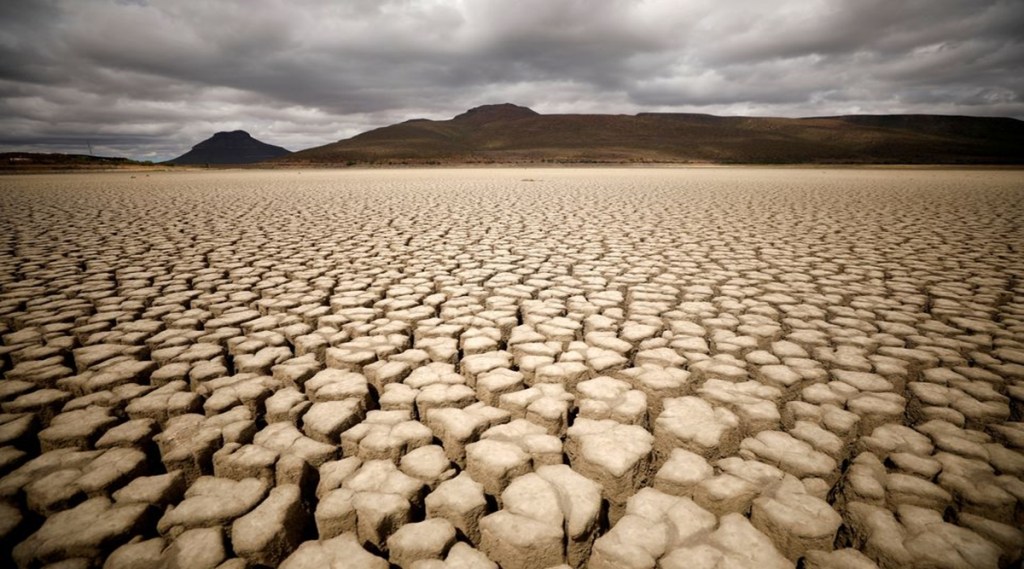The world faces unavoidable multiple climate hazards over the next two decades with global warming of 1.5 degree Celsius which would severely hit India’s food production while impacting global supply chains, market, trade and result in economic shocks, the Intergovernmental Panel on Climate Change (IPCC) report released late on Monday stated.
The IPCC’s working group II report titled ‘climate impacts, adaptation and vulnerability’ has also listed India as one of those countries that will be economically harmed the most by climate change.
IPCC warned that the major projected impacts of climate change in the agriculture and food sector include a decline in fisheries, aquaculture and crop production, particularly in South and Southeast Asia, a reduction in livestock production in Mongolia, and changes in crop, farming systems and crop areas in almost all regions with negative implications to food security.
Stating that India would be the most vulnerable country in terms of crop production, IPCC has noted “India’s rice production could decrease from 10% to 30%, whereas maize production can decrease from 25% to 70%, assuming a range of temperature increase from 1 degree to 4 degrees Celsius,” the report said.
IPCC said climate-related risks to agriculture and food systems in Asia will progressively intensify with the changing climate, with differentiated impacts across the region.
“For instance, in South Asia, extreme climatic conditions are threatening food security, thus agro-based economies like India and Pakistan are the most vulnerable to climate change in this regard,” the report said.
IPCC report while predicting crop failure in maize estimated to increase from to 40% also noted that increasing flood risk in Asia, Africa, China, India and Bangladesh which would cause high risks of mortality and morbidity due to heat extremes and infectious disease with regional disparities.
Stating that India is one of the countries that will be most ‘economically harmed’ by climate change, the IPCC report has noted a risky anomaly of it facing both rising sea levels and water scarcity.
“India is one of the most vulnerable countries globally in terms of the population that will be affected by sea-level rise. By the middle of the century, around 35 million people in India could face annual coastal flooding, with 45-50 million at risk by the end of the century,” IPCC noted.
The IPCC, a global body of scientists that makes periodic reviews of climate science, the second part of its sixth assessment report. The first part of IPCC report, on the physical science of climate change, was released in August, 2021. It had warned that 1.5 degree Celsius global warming would likely be achieved prior to 2040.
The Paris Agreement of 2015 seeks to keep the global rise in temperatures ‘well below’ 2 degree Celsius from pre-industrial times (during 1850 and 1900), while working towards restricting it to 1.5 degree Celsius. Scientists have been warning that immediate actions are taken to rein in the rise in temperatures.


